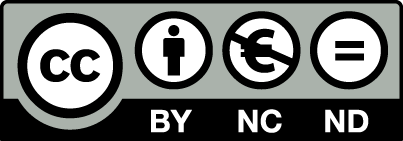Geneza Case Method i jej wpływ na kształt amerykańskiej filozofii prawa
Jacek Srokosz
Uniwersytet Opolski
2018 10 (2) Krytyka Prawa. Niezależne studia nad prawem
DOI 10.7206/kp.2080-1084.204








